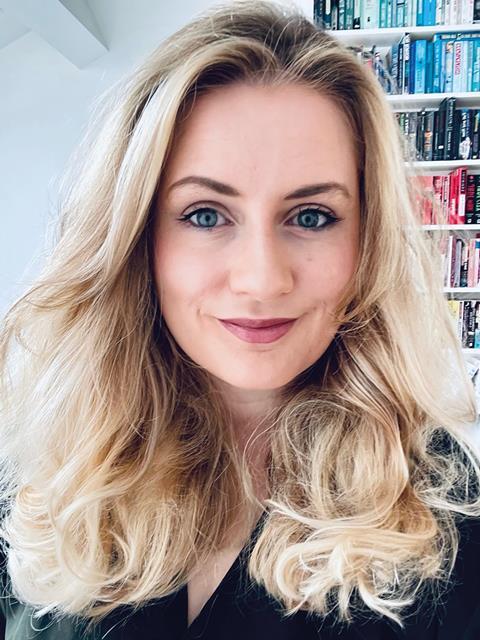Principal investigative lawyer
When I was 17, off the back of surprisingly good GCSE results from my state school in the Welsh valleys, I was accepted into the University of Oxford’s inaugural UNIQ summer school. This is a programme helping those from under-represented backgrounds to earn a place at Oxford. I chose to study Law for the week, to see if such an intimidating subject could work for me, and I absolutely loved my experience. I didn’t know any lawyers, and I didn’t even know if I wanted to be one, but I was encouraged to find lots of like-minded teenagers from all over the UK, giving it a go. I then saw that maybe law could be for me after all. I was lucky enough to be accepted and graduated from Hertford College in 2014.

I trained and qualified at Hogan Lovells, having obtained a training contract there following a vacation scheme during my second year of university. It was a rigorous and fun training contract, and included a seat in their top-ranked white collar crime and fraud/litigation department, where I applied on qualification. At Hogan Lovells, I gained exposure to groundbreaking commercial litigation, learned from amazing trainee supervisors and senior lawyers, and ultimately learned the ins and outs of corporate anti-bribery and corruption compliance and internal investigations.
I didn’t set out to work in investigations, but I found the work really suited my personality, and was challenging and different every day. When I started my training contract at 22, I was still shy, anxious, and had very little confidence – I’m not sure many that know me now would believe that! – and I was still very much finding my feet as the only one of my friends to have left Wales to pursue my study and career. However I had to ‘fake it until I made it’ to measure up to my talented peers at the firm, and I grew exponentially in my confidence and desire for greater responsibility at work – due in no small part to the support of the firm and my supervisors.
When I was only about a year qualified, I happened to see a recruitment campaign for investigative lawyers at the Serious Fraud Office. Though I was enjoying my role at Hogan Lovells, I found I was most drawn to investigations and criminal work, rather than wider civil litigation work, and I also felt ready for greater responsibility than is usually afforded to junior lawyers at large firms. I already knew of the SFO, and seized the chance to apply.
'When I started my training contract at 22, I was still shy, anxious, and had very little confidence. I had to ‘fake it until I made it’ to measure up to my talented peers'
When I was offered a role at the SFO, I was supported in the move by an amazing investigator, John McCarroll, and decided to take the risky leap at that junior level of my career to pursue this avenue of work. It’s turned out to be the best career decision I’ve made.
I knew I wanted to work in a collaborative environment with professionals of different backgrounds, rather than just lawyers. The SFO works under the Roskill model, where investigators, lawyers, and accountants work side by side to crack the most serious and complex cases of economic crime. I knew even if I didn’t spend the entirety of my career at the SFO, I would gain invaluable experience working on the prosecution side; seeing how the often less well-resourced public sector works to uncover and prosecute crimes that upend people’s lives.
Since I’ve been at the SFO, I have negotiated and achieved a deferred prosecution agreement, a plea agreement, and led the evidence gathering stage of several investigations. Most recently, I prosecuted the trial of an individual behind a £226 million fraud involving celebrity-endorsed luxury resorts in the Caribbean. I was the only SFO lawyer on the case, and being able to take that on, and achieve justice – a 12-year custodial sentence – for the victims has been the highlight of my career so far.
It was a particular honour that the judge, His Honour Judge Hehir, took the time to formally commend me for having ‘marshalled the entirety of the proceedings with great skill and judgement’. At five years’ post-qualified experience, to think I’ve developed to be a skilled enough lawyer to manage complex proceedings such as these makes me really proud of myself, my team and my organisation.































2 Readers' comments